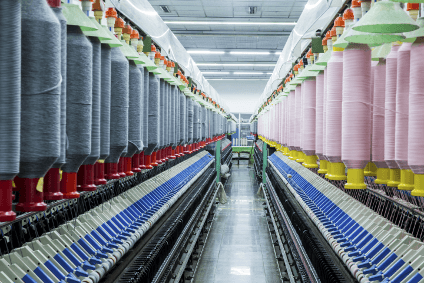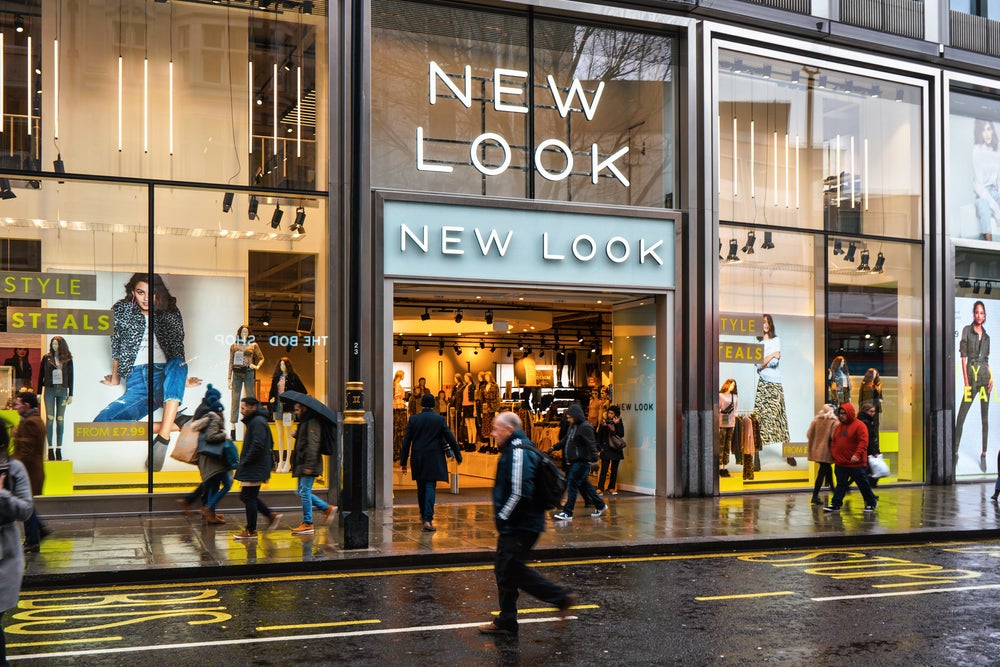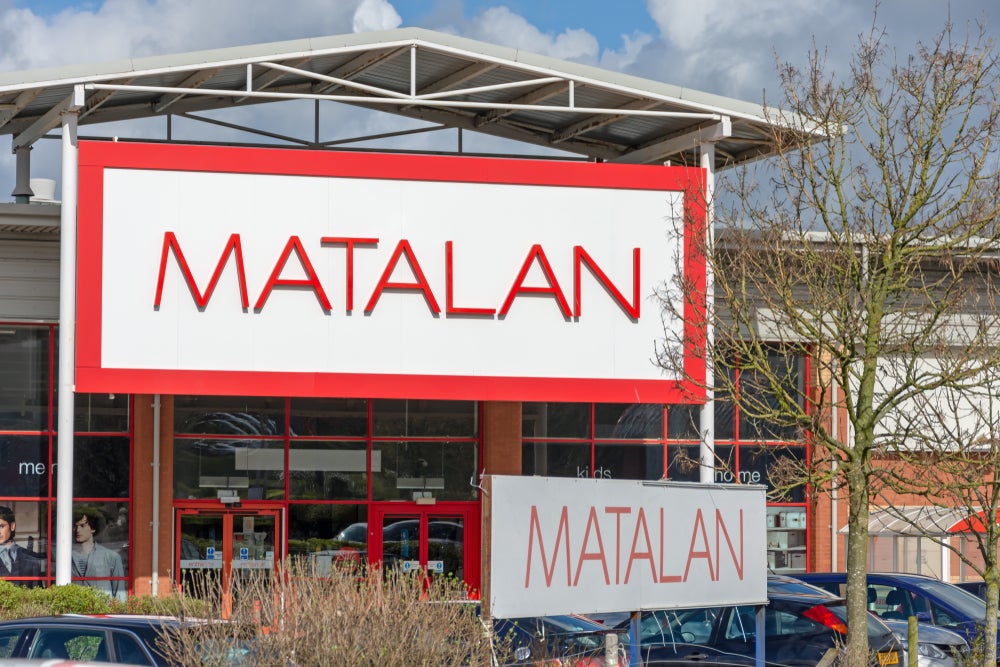
UK fashion sustainability campaign Fashion Revolution has called for more transparency beyond the first tier of garment manufacturing to include the disclosure of processing facilities and textile mills.
A new report by Fashion Revolution, ‘Out of Sight: A call for transparency from field to fabric‘, was produced in support of the Tamil Nadu Declaration, a pledge to eradicate severe labour exploitation in the textile manufacturing hub of Tamil Nadu, India, and highlights research into 62 major retailer supply chains globally.
The report points out there is a notable lack of transparency beyond the first tier of manufacturing.
“Currently, most supply chain disclosure by major brands and retailers covers their first tier manufacturers, where they tend to have direct business relationships with the suppliers that are involved in the final stages of production such as cutting, sewing, assembling and packing for shipment,” the report notes.
“Consumers are increasingly expecting brands and retailers to be more transparent about where, how and under what conditions their products are made.”
See Also:
Fashion Revolution is partnering with the Tamil Nadu Alliance to call upon more than 60 major apparel brands and retailers to increase transparency beyond the first tier by disclosing the processing facilities and textile mills in their supply chains.
How well do you really know your competitors?
Access the most comprehensive Company Profiles on the market, powered by GlobalData. Save hours of research. Gain competitive edge.

Thank you!
Your download email will arrive shortly
Not ready to buy yet? Download a free sample
We are confident about the unique quality of our Company Profiles. However, we want you to make the most beneficial decision for your business, so we offer a free sample that you can download by submitting the below form
By GlobalDataThe Tamil Nadu Alliance is asking brands and retailers to take action to eradicate severe labour exploitation in textile spinning mills by signing the Tamil Nadu Declaration and Framework of Action. It is a roadmap to support a sustainable textile sector in southern India through reform across five areas: transparency, policy engagement, purchasing practices, worker-centred monitoring and collective grievance mechanisms.
In support of the Tamil Nadu Alliance, Fashion Revolution reviewed the supply chain transparency efforts of 62 major brands and retailers with reported links to textile suppliers in Tamil Nadu. The baseline research showed that 46 of the 62 brands are disclosing first-tier manufacturers, while 23 are disclosing at least a partial list of processing facilities. Only 18 are disclosing a partial list of textile production sites.
This means that only 31% of the brands and retailers reviewed are disclosing at least some of their textile production sites, the report states. The others are disclosing only the textile production sites which either constitute their core supplier base, cover a specific portion of their product volume, or may be listed due to being vertically integrated into suppliers further up the chain.
In 2018, Fashion Revolution surveyed 5,000 European consumers age 16-75 and found that 80% believe fashion brands should publish which factories are used to manufacture their products and 77% said fashion brands should publish the suppliers further down the chain where materials are sourced.
“Supply chain disclosure has been crucial for workers’ rights advocates who have been able to use publicly available supplier lists and other information disclosed about brands’ policies and practises to investigate, identify, report and remediate labour, human rights and environmental abuses that may be occurring in factories and to do so in collaboration with the brands sourcing there.
“As you have a growing number of affluent younger people who are more used to digital information and who have thought about the potential of things like blockchain and traceability, there is likely to be an increasingly educated consumer segment that has the hunger for transparency and that has access to the mechanisms that push for it more quickly,” says David Grayson, emeritus professor of corporate responsibility, Cranfield School of Management.
Fashion Revolution says mapping and disclosing the supply chain is the first step brands and retailers should be taking if they’re serious about building an ethical and sustainable business, but adds that this is not enough on its own to prevent, address and remedy labour, human rights and environmental risks and abuses in their supply chains.
“Traceability and transparency must be accompanied by further collaborative efforts to adopt responsible sourcing and purchasing practices, develop worker-centred monitoring and grievance mechanisms instead of relying on private third-party audits, and support better policy development and implementation that protects workers across the supply chain from seed to shelf.”







